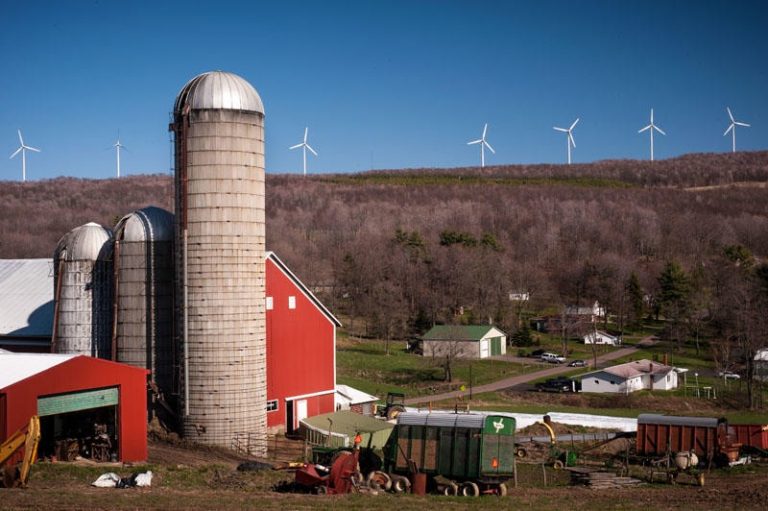
EDF — A vast majority of Pennsylvanians support the Regional Greenhouse Gas Initiative (RGGI), a proven cap-and-invest program that curbs climate pollution from the power sector. At the Department of Environmental Protection (DEP) virtual public hearings in December, representatives spanned the environmental, public health, frontline, faith, labor, youth, low-income, agricultural, and business community expressing their support for the draft rule.
Testimony highlights include:
- Bernard Goldstein, physician and dean emeritus of the University of Pittsburgh Graduate School of Public Health and former Assistant Administrator for Research and Development at the Environmental Protection Agency: “I want to make sure we all understand that trading of pollution is not new, and that Pennsylvania and the Northeast were central to its development as an effective policy tool. Pollution trading actually began with acid rain, and would not have occurred without Senator John Heinz of Pennsylvania … The outcome of the acid rain program should reassure both industry and environmentalists that regulated market-based approaches can be an effective way of achieving global climate goals – something we desperately need to do.”
- Hannah Jones, resident of Pittsburgh, Pennsylvania, a sophomore at the University of Pittsburgh and youth climate activist: “Western Pennsylvania’s asthma rates are unusually high because of air pollution. In 2019, the Allegheny County Asthma task force report estimated that 11% of children in the county are diagnosed with the disease… I was preschool-aged when I had my first asthma attack. It was scary. I vividly remember the panic in my mother’s eyes as she tried to get me to calm down so I wouldn’t pass out … What is infuriating is that it doesn’t have to be this bad for me and so many others who have breathing difficulties … If you act now, you can improve the lives of so many people and those yet to be born here…You can keep more people healthy and safe and wanting to live here. Needless to say, I support RGGI.”
This diverse group of constituencies includes perspectives that are too often not heard or represented at legislative and public hearings, in advisory committees, or in other forums that consider and influence critical climate and energy issues like RGGI. The public hearings further demonstrate that climate policy like RGGI is broadly popular in Pennsylvania – indeed, polling consistently shows nearly 80%of Pennsylvanians support regulations like RGGI to reduce carbon pollution from power plants.
In addition to the virtual public hearings, DEP received on the order of 40,000 individual comments in support of moving forward with the RGGI rule. EDF and the Pennsylvania Environmental Council filed joint technical comments with additional recommendations to strengthen and improve the draft rule, including measures to ensure frontline communities most burdened by pollution and workers impacted by the energy transition are supported. Our comments also noted how Pennsylvania’s participation in the program could significantly reduce emissions across the entire region, as demonstrated by EDF and M.J. Bradley & Associates modeling.
So, what’s next for the RGGI rule? DEP will review and respond to the many comments it has received, make any necessary adjustments, and move forward to finalize the rule. Ensuring the rule is adopted and takes effect by January 2022 will allow Pennsylvania to reap the benefits of this program immediately and position itself to be an influential leader in the clean energy and carbon-free future that is coming.
Read full story
Image: Wind Turbines overlook farm country in Western PA. (Environmental Defense Fund)
1/27/2021